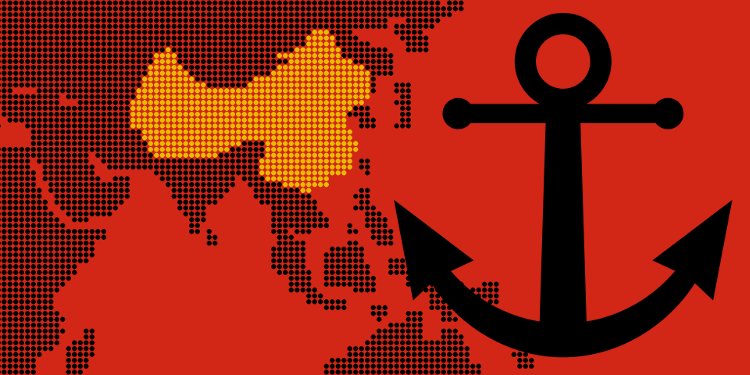All eyes went to Taiwan this week. The Taipei Times shows an uptick in article views. China held no less than three military activities that made headlines in Taiwan’s backyard, and is reported to have broken its promise not to militarize it’s freshly-made islands. In one incident, the Japanese even responded.
The topic of Taiwan’s Independence is not going away anytime soon. The topic was formally debated in Taipei with careful scrutiny over the implications of Nixon’s (1972) and Carter’s (1979) policies involving Taiwan and China. The Taiwanese, reading the tealeaves as it were, suspect that they won’t be able to trust the current political party that just took power, and the new “Power” party is already on the rise with “Independence” as a “crucial” talking point.
China has gone full-swing into testing it’s one-and-only operational aircraft carrier, the diesel-powered, Soviet-made Liaoning. The other carriers are still being assembled in the docks and aren’t scheduled for commission for a few years. But, China already has its own “unsinkable aircraft carriers”, man-made airport islets in the Spratly Islands.
With the Western and Eastern press in full-swing, with military events moving as they are, neither the West nor the East will be lacking, neither in force nor in press nor in public support for what’s been brewing in the South Sea.

